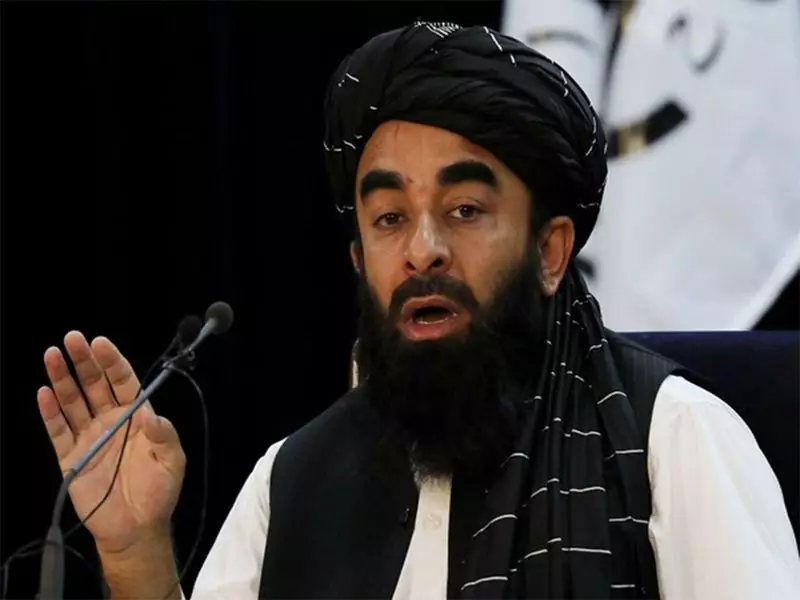
In a bold diplomatic outreach, Afghanistan's Taliban-led government has made a compelling appeal to the United States, urging the superpower to reopen its embassy in Kabul and refocus on building substantial economic and political relationships.
A Call for Renewed Engagement
The appeal came directly from Taliban government spokesman Zabihullah Mujahid, who emphasized their administration's commitment to fostering "good relations with all countries" during a recent press interaction. This represents a significant shift in diplomatic tone from the group that took control of Afghanistan in August 2021.
Beyond Political Recognition
What makes this appeal particularly noteworthy is its focus extending beyond mere political recognition. The Taliban government is specifically pushing for:
- Reopening of the US Embassy in Kabul
- Enhanced economic cooperation
- Strengthened political dialogue
- Practical engagement rather than symbolic relations
The Current Diplomatic Landscape
Since the Taliban's return to power, the United States has maintained a cautious distance, operating its Afghanistan affairs through its embassy in Doha, Qatar. The US State Department has consistently emphasized that any formal recognition or deeper engagement would require the Taliban to demonstrate progress on human rights, particularly women's rights, and counter-terrorism commitments.
Economic Imperatives Drive Outreach
Analysts suggest this renewed push for American engagement stems from Afghanistan's severe economic challenges. The country continues to grapple with international sanctions, frozen assets, and limited access to global financial systems, creating immense pressure on the Taliban administration to normalize international relations.
The Taliban's message is clear: They're ready for practical diplomacy and want Washington to move beyond the current stalemate. However, whether this olive branch will lead to tangible changes in US policy remains uncertain, given the fundamental differences on human rights and governance issues.





